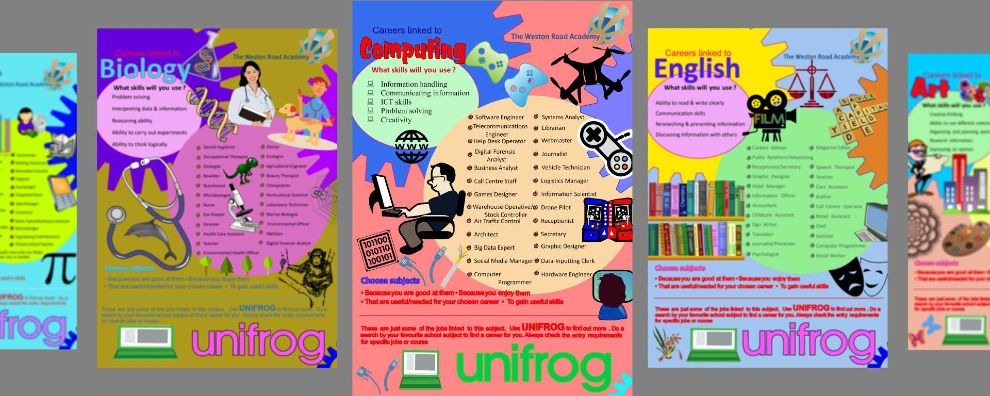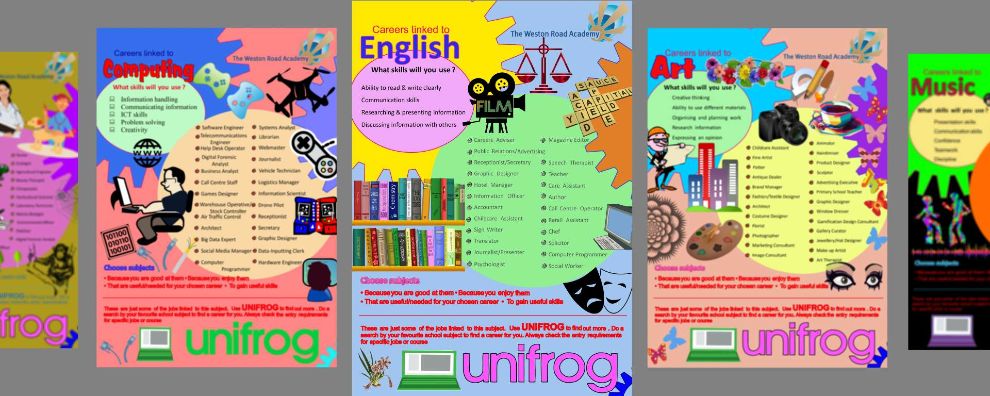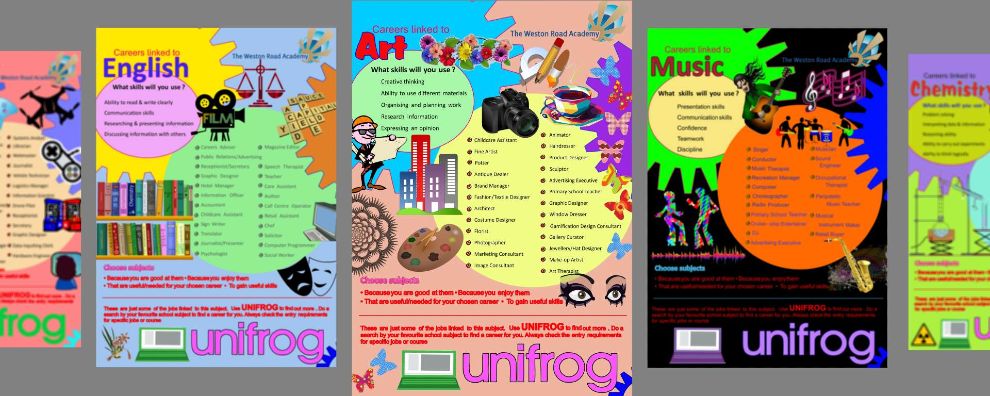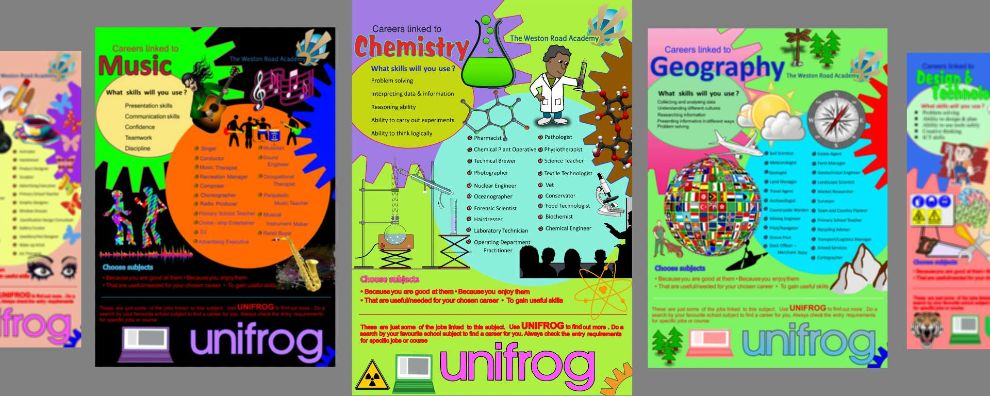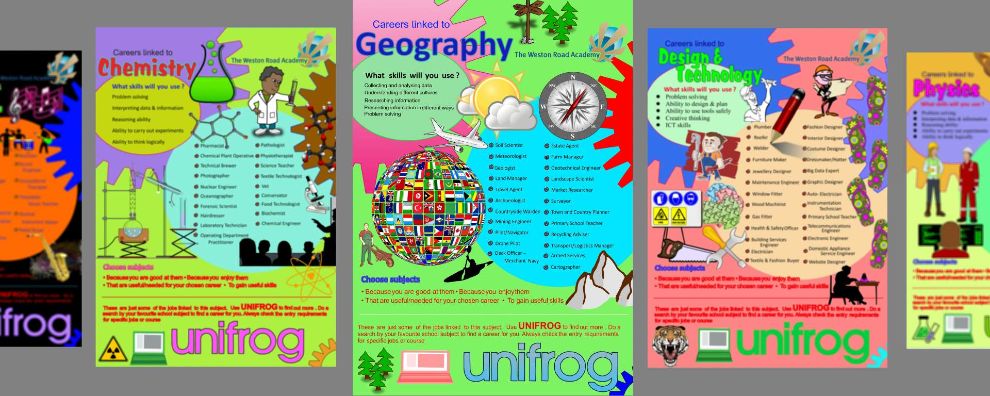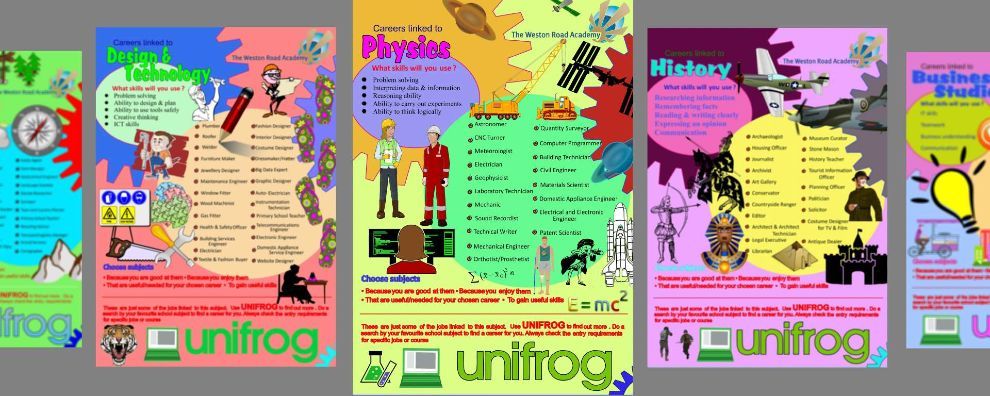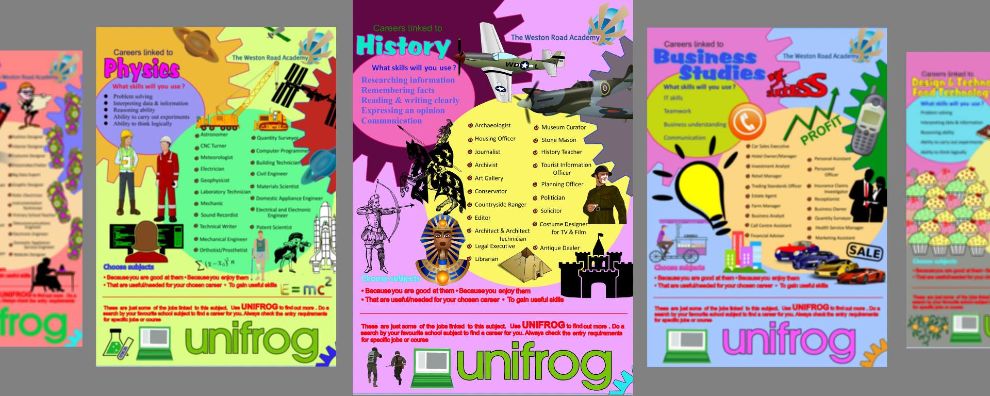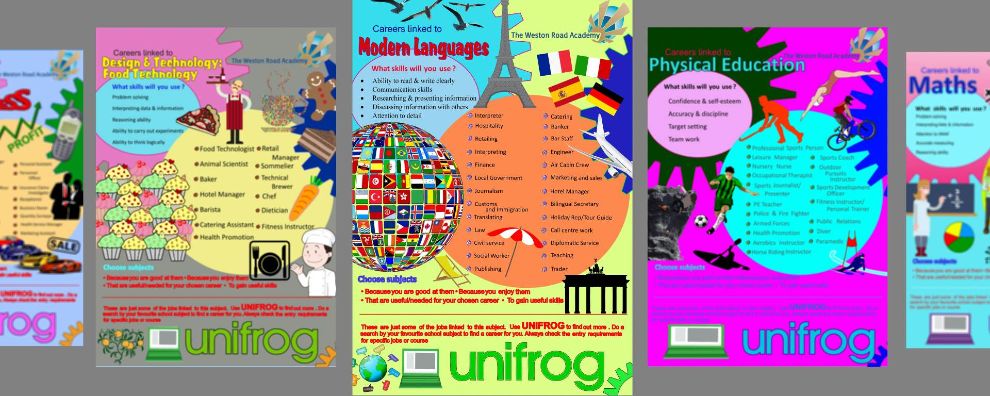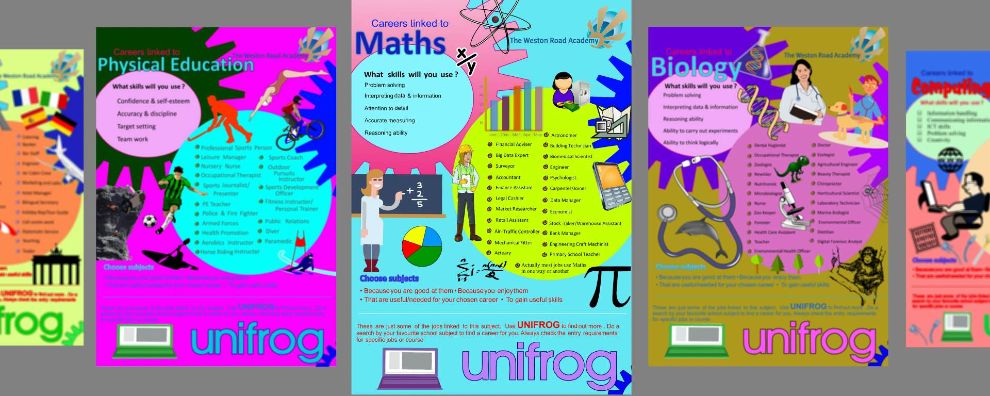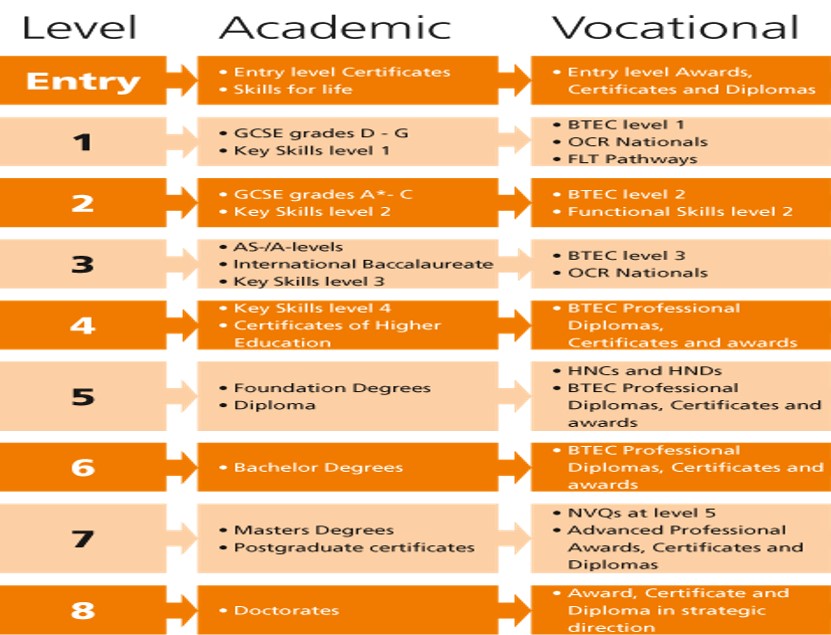Qualifications and Levels explained
|
|
Courses aimed at Entry level is the most basic form of qualification, and usually provides an introduction into education. They aren’t generally compulsory. Anyone looking to learn a new subject or language, as well as those looking to enter formal education.
Those aged 15-6, or anyone looking to further their education. You won’t necessarily have to complete an entry level qualification to move onto Level 1.
Those aged 15-6, or anyone looking to further their education. Because of the high standard of their grades, Level 2 learners will usually progress to Level 3 qualifications.
Those who are looking to continue their education after the minimum school leaving age, or who want to specialise in a particular subject.
Level 4 acts as the bridge between level 3 and 5, and can help people progress to the next stage of education when they might not have been able to with their previous qualifications.
Anyone looking to move on to university, or other forms of higher education.
Anyone who wants to take their knowledge of a subject past secondary education level – whether that’s to gain a degree of a higher level NVQ or certificate. Also the first step for those looking to pursue a master’s.
Anyone looking for a qualification which validates knowledge beyond degree level. After Level 7, there’s only one more level – a doctorate (PhD) or its equivalent.
Anyone looking to achieve the highest formal level of education possible in England, Wales and Northern Ireland – and/or become a fully qualified Doctor. |
a levels
Advanced level qualifications (known as A levels) are subject-based qualifications that can lead to university, further study, training, or work. You can normally study three or more A levels over two years. They’re usually assessed by a series of examinations.
Weston Road in Partnership with other schools in Stafford offer A levels in a wide range of subjects see (link to sixth form part of the website for up to date information)
Other centres also offer A levels so you should check out each centres website for more information.
Apprenticeships
What are apprenticeships?
Apprenticeships combine practical training in a job with study.
As an apprentice you’ll:
•work alongside experienced staff
•gain job-specific skills
•earn a wage and get holiday pay
•get time for study related to your role (usually one day a week)
Apprenticeships take 1 to 5 years to complete depending on their level.
There are different levels of apprenticeship (see table)
Apprenticeships have equivalent educational levels.
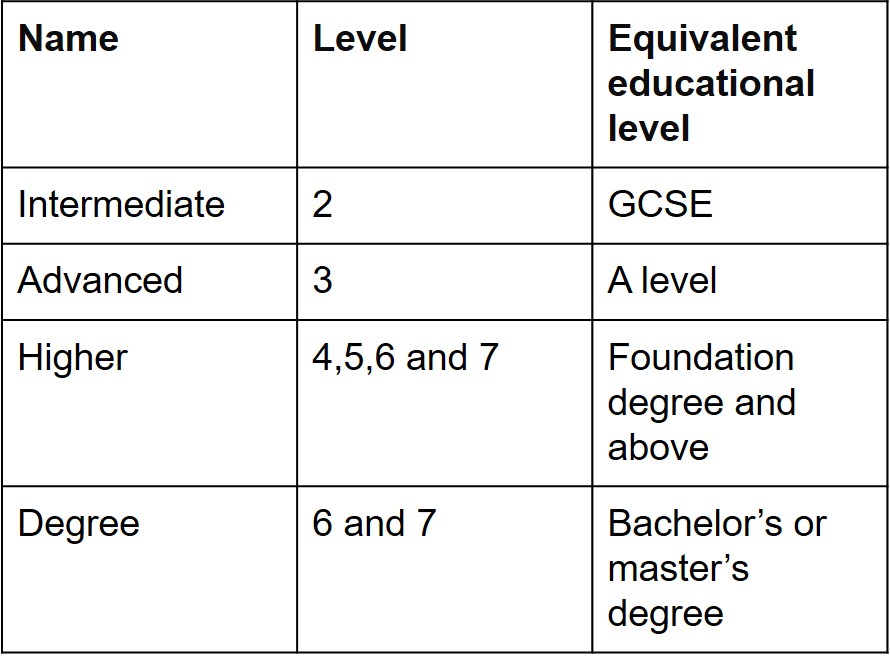
Some apprenticeships may also give you an additional qualification, such as a diploma.
Who can apply
You can apply for an apprenticeship while you’re still at school. To start one, you’ll need to be:
16 or over by the end of the summer holidays, living in England and not in full-time education
•https://www.gov.uk/apply-apprenticeship
t levels
Are new qualifications launching in September 2020 with more courses planned to be added each year.
•T Level students spend 80% of the course in the classroom, learning the skills that employers need. The other 20% is a meaningful industry placement, where students put these skills into action.
•T Levels are an alternative to A levels, apprenticeships and other 16 to 19 courses. Equivalent to 3 A levels, a T Level focuses on vocational skills and can help students into skilled employment, higher study or apprenticeships.
•Each T Level includes an in-depth industry placement that lasts at least 45 days. Students get valuable experience in the workplace; employers get early sight of the new talent in their industry.
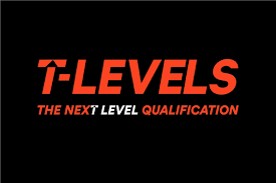
Time line of T Levels
Launching September 2020
Design, Surveying and Planning for Construction,
Digital Production, Design and Development,
Education and Childcare
Launching September 2021
Building Services Engineering
Digital Business Services
Digital Support Services
Health
Healthcare Science
Onsite Construction
Science
Launching September 2022
Accounting
Design and Development
Finance
Human Resources
Legal
Maintenance, Installation and Repair
Management and Administration
Manufacturing, Processing and Control
Launching September 2023
Agriculture, Land Management and Production
Animal Care and Management
Catering
Craft and Design
Cultural Heritage and Visitor Attractions
Hair, Beauty and Aesthetics
Media, Broadcast and Production
•Not all T levels will be available by all providers at the same time
•For more information check out https://www.tlevels.gov.uk/

